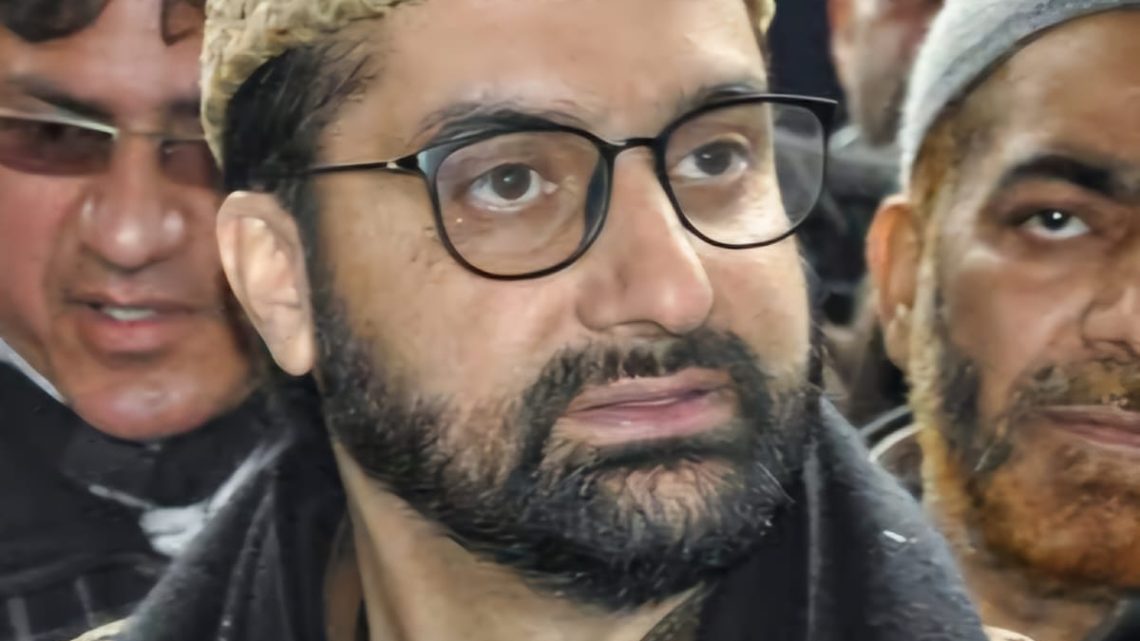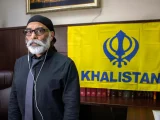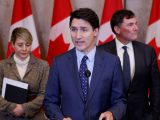
Kashmir Conflict Resolution Key to Sustainable Peace, Says Mirwaiz
October 17, 2024In Indian illegally occupied Jammu and Kashmir (IIOJK), Mirwaiz Umar Farooq, a senior leader of the All Parties Hurriyat Conference (APHC), has made it clear that lasting peace and development are unattainable without resolving the Kashmir dispute.
During a recent interview in Srinagar, he emphasized that the ongoing conflict is the root cause of tensions between India and Pakistan. Until this issue is resolved, any hope for improved relations between the two countries remains a distant dream.
Mirwaiz didn’t hold back in his criticism of the BJP-led Indian government. He accused them of attempting to erase the distinct identity of the Kashmiri people. The actions taken since August 2019, including the abrogation of Articles 370 and 35A, have had devastating effects on the local populace.
In the sham elections held recently, Kashmiris made their rejection of the BJP’s illegal maneuvers abundantly clear. Their votes spoke volumes against the oppressive measures imposed by New Delhi. The region’s situation has only worsened, leading to increased international scrutiny of the Kashmir issue.
Mirwaiz called on the Indian government to acknowledge the harsh realities in IIOJK. He insisted that meaningful dialogue is essential for resolving this longstanding conflict. Ignoring the Kashmir dispute will only prolong the suffering of its people.
In a separate address at the Khaniyar Sharif shrine during the Urs of Sheikh Syed Abdul Qadir Jilani, Farooq raised alarming concerns about the status of minorities in India. He highlighted a climate of fear, particularly for Muslims, who face escalating violence, discrimination, and systemic oppression.
His remarks were pointed: the demolition of homes and mosques through bulldozer campaigns exemplifies the targeted policies against minorities. He urged Indian authorities to cease such discriminatory practices immediately.
Moreover, he criticized the Waqf Amendment Bill, warning that any attempt to disenfranchise Muslims will be met with fierce resistance. This sentiment reflects a growing frustration among marginalized communities in India, where fear and intimidation have become the norm.
Farooq also addressed broader global issues affecting Muslims, particularly the dire situation in Palestine. He stressed that the challenges faced by Muslims resonate with all of humanity, emphasizing the need for solidarity.
The importance of mosques, according to Farooq, extends beyond mere places of worship. They are vital centers for religious, social, economic, and political engagement. This highlights the integral role these institutions play in the lives of Muslims.
The Urs celebrations drew thousands of participants from various areas of occupied Kashmir, marking a significant return for Mirwaiz since 2019. His presence and insights were a poignant reminder of the ongoing struggle for justice in the region.
The unresolved Kashmir conflict continues to breed instability and hardship. Until India recognizes the need for dialogue and addresses the legitimate grievances of the Kashmiri people, true peace remains an illusion.

